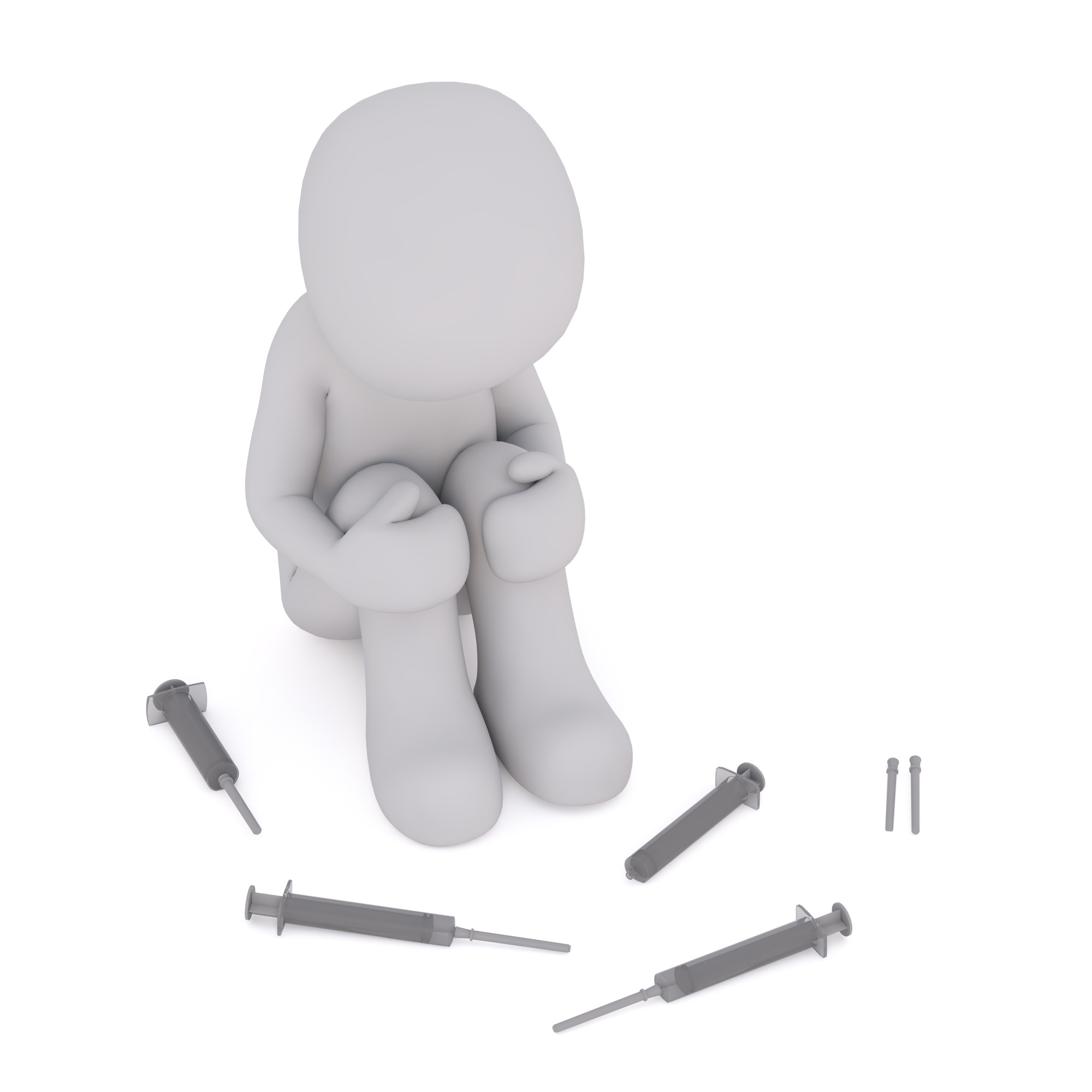The Consequences of Addiction: How Do Drugs Affect the Body?

In 2017, about 17% of Americans aged 18-25 battled drug addiction. The use of heroin by that same demographic has doubled in the past ten years.
While prevention programs seem to lower the risk of substance abuse in young adults, they tend to focus on tobacco, alcohol, and marijuana. It’s possible that many teens and young adults aren’t fully aware of what drugs can do to your body when they abuse them.
So the question is, how do drugs affect the body?
We’re going to take a look at some of the physical effects of addictive drugs. Whether you’re considering trying a drug for the first time or already struggling with addiction, it is important to know all the facts about drug abuse.
How Do Drugs Affect the Body? A Quick Guide
Depending on the drug in question, what it does to the body can be both complicated and hard to detect. We’re going to talk about some of the more noticeable or identifiable symptoms. Recognizing these symptoms in yourself and making the connection between them and your drug use can be an important first step in the recovery process.
If you need help with your drug use or want to talk to a professional, see here. Asking for help shows courage and there’s never a wrong time to begin your recovery.
Stimulants
Stimulants are designed to enhance the activity in your nervous system. Prescription stimulants like Adderall and Ritalin can help increase focus or energy. They may not seem as harmful as illicit stimulants like cocaine, but any stimulant used in excess can cause damage to your body.
Some of the short term effects of stimulants are heart palpitations, increased body temperature, dry mouth, and shakiness. They can also reduce your appetite by increasing the dopamine levels that are released in the brain. Plus, the overactive firing of neurotransmitters can make it difficult to sleep.
Some of these symptoms have their own side effects. Without food and sleep, of course, the body will start to behave strangely and eventually shut down.
But stimulants can also directly lead to fatality by causing a failure of the cardiovascular system. In other words, they can cause your heart to stop pumping blood properly, which can have irreversible effects.
Benzodiazepines
Benzodiazepines are designed to reduce symptoms of anxiety or panic disorders and always require a prescription. In contrast to stimulants, they depress the nervous system, which can cause lethargy in the short term.
When taken in excess, benzodiazepines can lower the core body temperature, heart rate, and respiration to dangerous levels. Not all overdoses result in death, but they can.
The chances of overdose go up significantly when alcohol is introduced to the system at the same time. Alcohol acts on the same part of the brain as benzodiazepines. The combination can alter the nervous system more than the user knew or intended.
Opiates
Opiates are highly addictive drugs that kill pain and sometimes create feelings of euphoria. Some opiates, like OxyContin, are prescribed in extreme cases, but there are plenty of illicit opiates, like heroin.
Opiates, like stimulants, release extra dopamine in the brain. When used too frequently, opiates rewire your brain’s ability to release dopamine. Activities that would normally signal pleasure to your brain, like eating, stop producing that effect.
Opiates can also impact your digestive muscles, causing constipation, bloating, stomach cramps and vomiting.
Like benzodiazepines, opiates depress the central nervous system. They can slow respiration to dangerous levels, preventing oxygen from reaching your brain and organs.
Hallucinogens
We don’t know everything about how hallucinogens, such as LSD and DMT, affect the body. Most hallucinogenics won’t have terrible effects on the body after only one or two uses. (Although, this excludes the possibility of a user becoming a danger to themselves during a “bad trip.”)
It is thought that hallucinogens work by disrupting the communication between the brain and spinal cord and by interfering with serotonin production. In the short term, this may increase energy and heartrate while altering sensory perception.
Longterm, heavy use of hallucinogens may have permanent effects on the brain, rather than the body. Some long-term users experience psychosis, which can cause paranoia, visual disturbances, and an inability to organize thoughts.
Side Effects from Different Methods of Drug Use
Some physical side effects depend more on the method used to administer the drug than the drug itself.
Inhaling smoke, whether it’s marijuana or cocaine hydrochloride, increases the chance of respiratory issues. You may develop a chronic cough, bronchitis, or asthma. If you already have asthma, smoking will increase the chance of an asthma attack.
Snorting drugs such as cocaine can cause issues with the nasal passage, lungs, and other components of the respiratory tract. In the short term, snorting substances can cause swelling in one or all three areas.
In the longterm, snorting substances can have some pretty ghastly effects. In some instances, consistent drug users have developed holes in their nasal septum or the roof of their mouth. Not only does this alter the appearance, but it will change the way you eat or breathe.
Injecting drugs will, first and foremost, leave needle tracks and potential scarring on the area chosen for injection. However, it can also have much more serious side effects, from skin infections to heart damage.
For users who currently use intravenous drugs, it is important that the needles used are sterile. Sharing needles increases the chance of endocarditis, which causes potentially life-threatening inflammation in the heart. It can also lead to the transmission of HIV, which can also be life-threatening if left untreated.
Even if the drugs you use seem low-risk, it’s important to think about the method by which you use them. Sometimes, the method can be more dangerous than the drug, itself.
The Dangers of Drugs
Sometimes, in the throes of an addiction or even the curiosity about a certain drug, we forget to stop and ask, “How do drugs affect the body?” However, drug effects on the body can be life-altering and shouldn’t be taken lightly.
Unfortunately, the nature of addiction is to lead you to prioritize the drug over your physical health. This makes it very difficult to recover on your own. Remember, it is a sign of strength to ask for help.
For more useful tips and interesting reads, check out some of our other articles! You just might learn something that changes your life for the better.



